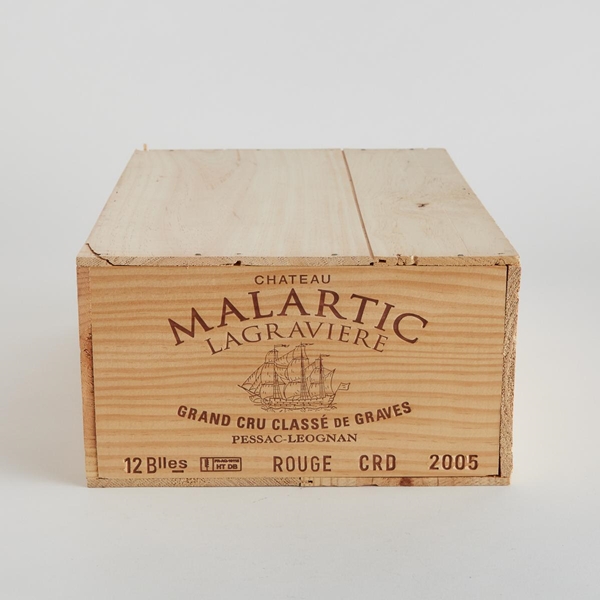For some, collecting is a way of life. Unique legal and practical issues arise for an executor when an estate includes a collection. In this article, I explore some of those issues when dealing with collections of fine wine, cultural artifacts, and firearms.
Wine
During COVID, the Ontario government made changes to liquor laws that could affect an executor’s role when dealing with a fine wine collection as an estate asset. Alcohol producers are now allowed to sell alcohol directly to people via home delivery. Breweries can now curate their own bottle shops. Restaurants were allowed to sell alcohol, without food, to customers as take-out. Most notably for estate administration, the laws relating to wine importers and agents changed. Previously, they were only permitted to sell 6 or 12 bottle cases to consumers, but now they are permitted to sell mixed cases to consumers and they can sell single bottles. For an executor trying to liquidate a fine wine collection, this offers an alternative.
Determining the fair market value of an in-kind gift is an important issue for executors.
Donations of wine by estates is becoming more common. The donation of fine wine can result in a tax receipt, so how that gift is valued is important. The issue came up in a Tax Court of Canada case, McCuaig Balkwill v. The Queen, 2018 TCC 99 (TCC [General Procedure]). The taxpayer donated 21 bottles of wine, none of which were available at the Liquor Control Board of Canada (the “LCBO”), to two charities. The charities appraised the donation’s fair market value at $23,600 and issued a corresponding tax receipt. The Canada Revenue Agency (“CRA”) reassessed the taxpayer using a value of $4,700. The taxpayer argued that the fair market value of a bottle of wine in Ontario is the amount that the LCBO would charge through the LCBO’s Private Ordering Program. The Private Ordering pricing methods starts with the cost to buy the wine ordered by the LCBO in the global wine market, then adds markups, levies, taxes, tariffs, duties, and freight transportation. The CRA argued that the valuation should be based on the sale prices of the particular label and vintage of the wine at auction sales that took place in the United States. The Tax Court preferred the CRA’s method of determining fair market value. There was no need to consider a hypothetical market that did not exist, when there was a real, available market where the same types of wine had been sold. The method of using the LCBO Private Ordering Pricing in this case was “devoid of common sense and out of touch with ordinary commercial reality,” according to the Court.
Cultural Artifacts
A cultural artifact is an object that is significant for archeological, historical, artistic or scientific reasons. Examples of artifacts that could be assets of an estate include fossils, paintings, or documents. When dealing with cultural artifacts, an Executor needs to be aware of the laws under the Cultural Property Export and Import Act. An executor would, for example, be committing a criminal offence if they exported items on the Canadian Cultural Property Export Control List without a license issued by the Department of Canadian Heritage. The executor should also be aware of the favourable tax treatment offered under the Income Tax Act if certified cultural artifacts are donated to designated donees such as charities or museums.
Firearms
An executor dealing with a firearm collection as an estate asset needs to understand how the firearms are classified: are they non-restricted, restricted, or prohibited weapons? Anyone in possession of a firearm must hold a license under the Federal Firearms Act, but there is an exception that allows an executor to hold a firearm for the purpose of administering an estate, but only if they hold it for a reasonable period of time. The executor needs to determine if the deceased had a registration certificate, and if they didn’t have one, the executor has to register and obtain a certificate. The executor must also determine that the beneficiary receiving the firearm possesses a license to hold it. A firearm collection as an estate asset causes complications for an executor, who must ensure that they are in compliance with the Criminal Code and other federal laws.
In summary, different types of collections can raise legal and practical issues that an executor may need to address. For a testator, this means that clearly identifying the collection for the executor and appointing an executor with the knowledge and experience are important considerations.
Holly LeValliant, Estate and Trust Consultant, Scotiatrust


0 Comments